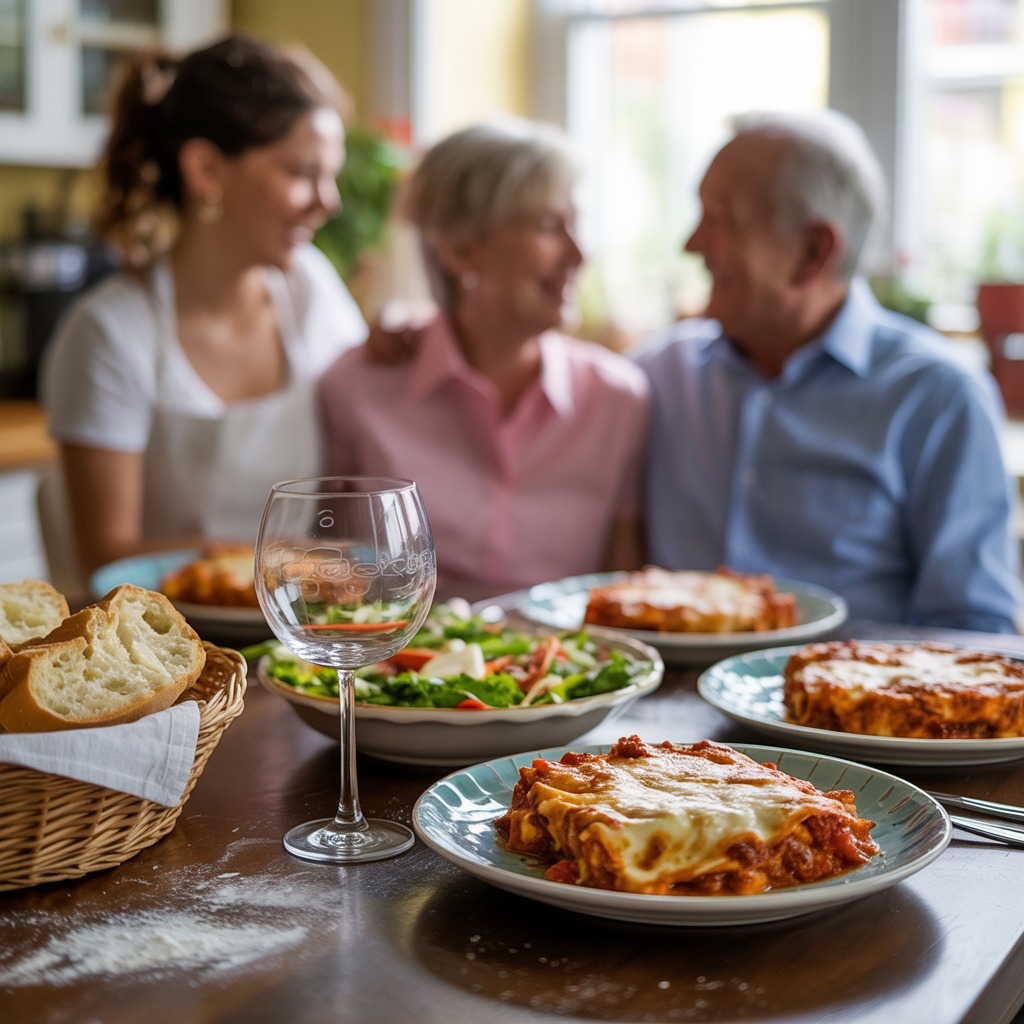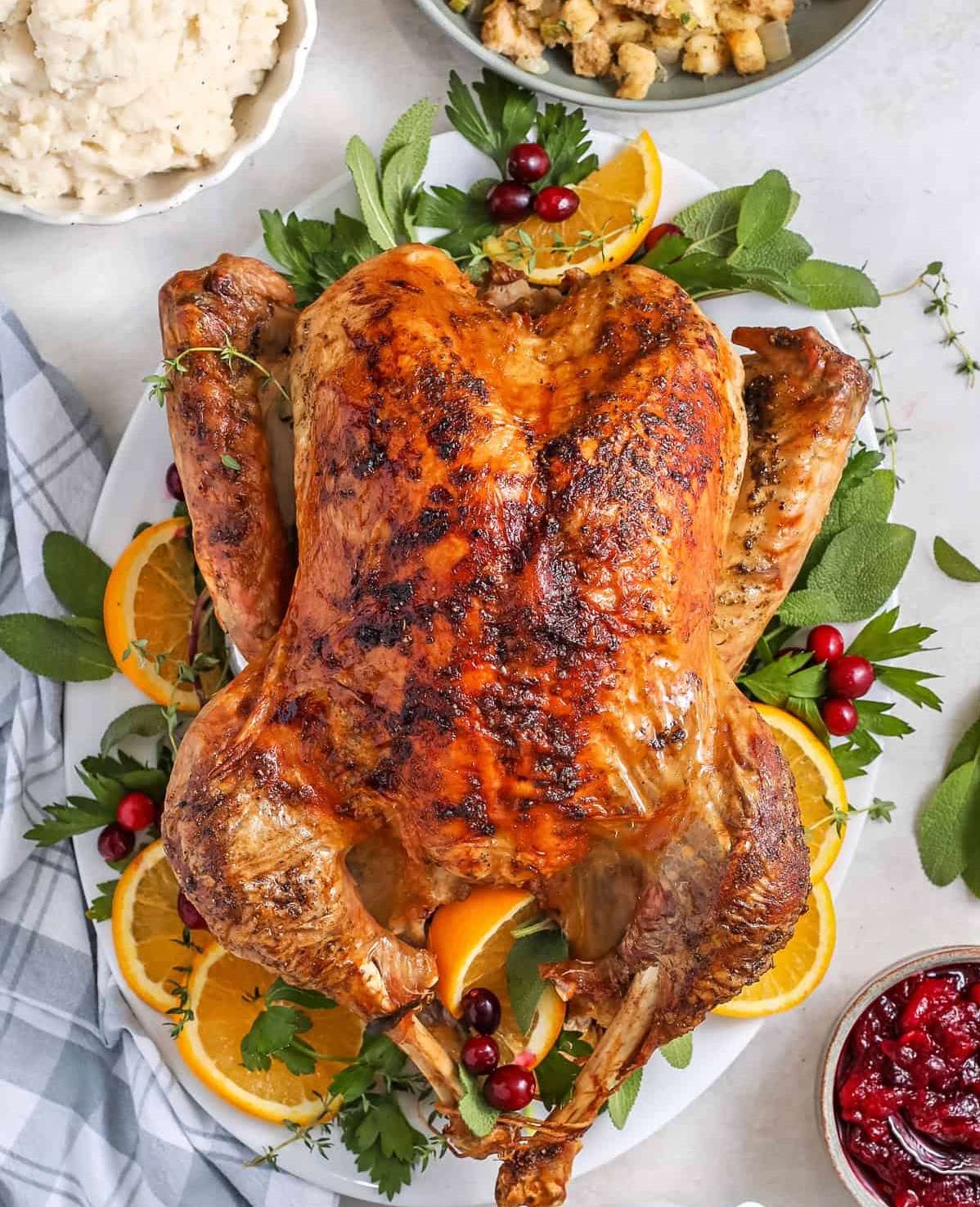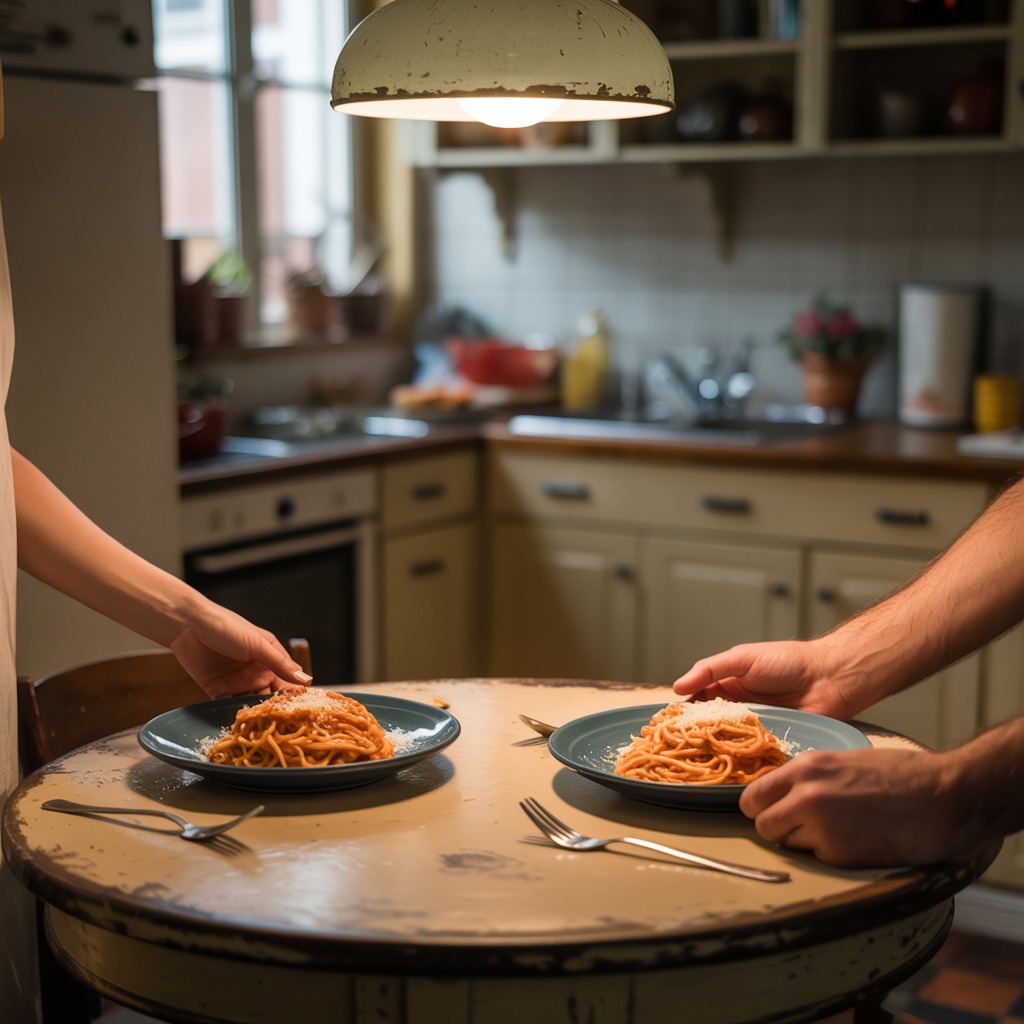The First Meal I Ever Made for My In-Laws — Chaos And Laughter
Trying Too Hard for All the Right Reasons
When I offered to cook dinner for my in-laws for the first time, I had no idea I was walking into a comedy-of-errors waiting to happen. Back then, they weren’t “Mom and Dad.” They were “his parents,” and I still didn’t know if they thought I was good enough for their son. I wanted to make a lasting impression, but not just a polite one. I wanted them to sit back at the end of the meal and say, “She’s the one.”
So I planned an elaborate dinner. Not the simple pasta dishes I usually whip up when I’m relaxed. No, I went full performance mode. Lasagna with homemade marinara sauce, fresh-baked garlic bread from scratch, and a kale Caesar salad topped with toasted walnuts and shaved parmesan. For dessert? A rustic apple galette. It was the kind of menu that looks easy on paper but requires careful timing and a calm mind—two things I wouldn’t have that night.
I wasn’t trying to show off. Cooking is how I love people. When I welcome someone into my home, I want them to taste my care in every bite. But this wasn’t just about feeding them. It was about being accepted. I wanted that meal to say everything I was too shy or awkward to put into words.
Everything That Could Go Wrong (And Did)
I started cooking five hours before dinner. I put on a jazz playlist, lit a candle, and lined up every ingredient like a food stylist. For a while, it was peaceful. The sauce simmered slowly, the house smelled like roasted garlic, and I imagined the kind of evening where everyone eats, compliments the food, and leaves with a full belly and warm hearts.
But then things shifted.
The bread dough didn’t rise. The lasagna sheets stuck together. I dropped my salad dressing on the floor—glass jar and all—and had to remake it while blinking back tears. By the time my in-laws arrived (twenty minutes early, because of course they did), I was a sweaty mess with flour on my shirt and a smoke trail rising from the oven.
They walked in smiling, holding a bottle of wine. I greeted them like a frantic host on a cooking competition show. I offered them drinks, opened a window, turned off the smoke detector, and tried to laugh off the smell of burning garlic bread that was quickly filling the apartment.
I took the charred bread out of the oven and dropped half of it straight onto the floor. I wanted to cry—but instead, I forced a smile and tossed the rest in the trash. My father-in-law said, “Well, we weren’t counting carbs anyway,” and suddenly everyone was laughing. Including me.
The Meal That Wasn’t Perfect but Still Worked
When we finally sat down to eat, the lasagna was edible but dry. The salad was fine, a little overdressed. I served crackers instead of garlic bread, pretending it was intentional. But they didn’t seem to notice. Or if they did, they didn’t care.
We talked. We laughed about nothing and everything. They asked about my family, my work, my favorite childhood meal. My mother-in-law told me the first time she cooked for her own in-laws, she undercooked the chicken and gave everyone food poisoning. We all laughed so hard I forgot how tense I’d been just an hour earlier.

That night, I realized something important. They weren’t looking for perfection. They were looking for connection. They didn’t come to be impressed—they came to be welcomed. And I had done that, even through the chaos.
After dinner, my mother-in-law helped me clear the plates while my father-in-law stayed at the table chatting with my husband. She touched my shoulder and said, “You’re a lovely cook. Thank you for making the effort.” That word—effort—meant everything. She didn’t say it was delicious or flawless. She said it mattered.
What the Burnt Bread Taught Me
I went to bed that night exhausted, but lighter. I hadn’t nailed the meal. But I had shared something real. And in a way, that felt even more valuable.
That dinner taught me more than I expected. It taught me that trying too hard can sometimes block the very connection you’re hoping for. That people don’t remember every bite, but they remember how you made them feel. That a burned side dish doesn’t ruin a night—but closing yourself off might.
Now, when I cook for people, especially family, I do it differently. I plan, yes. But I also leave room for mistakes. I cook dishes I’ve made before, things I love, not things that try to prove something. I set the table with intention, but I let the mood take the lead. And if something burns, I laugh—truly laugh—because I know we’ll be fine.
Our Food Story Today
Years have passed since that night. My in-laws are now just “Mom and Dad,” and they come over often. Sometimes I cook, sometimes we order takeout. They still tease me about the garlic bread, asking if it’s “crispy enough” whenever I serve anything from the oven.
But now I get it. That night wasn’t a disaster. It was the first step in becoming family.
There’s something deeply human about gathering around a table where the food isn’t perfect, but the love is clear. That meal—chaotic, funny, slightly smoky—became one of our most cherished stories. Not because of what I made, but because of what we shared.
I don’t remember how many layers the lasagna had. I don’t remember the exact words I said when the bread burned. But I do remember the sound of my father-in-law’s laugh and the soft encouragement in my mother-in-law’s voice. I remember how something awkward turned into something lasting.
Final Thoughts
If you’re reading this and dreading cooking for someone important, I want you to know—it doesn’t have to be perfect. You don’t need a flawless meal to build connection. What you need is heart, a little humor, and enough presence to stay at the table, even when things fall apart.
I messed up my first meal for my in-laws. But I opened my home, I fed them with love, and I let them see the real me. That was more than enough. And every time I smell roasted garlic, I think back to that smoky kitchen, that chaotic dinner, and how laughter made it unforgettable.





